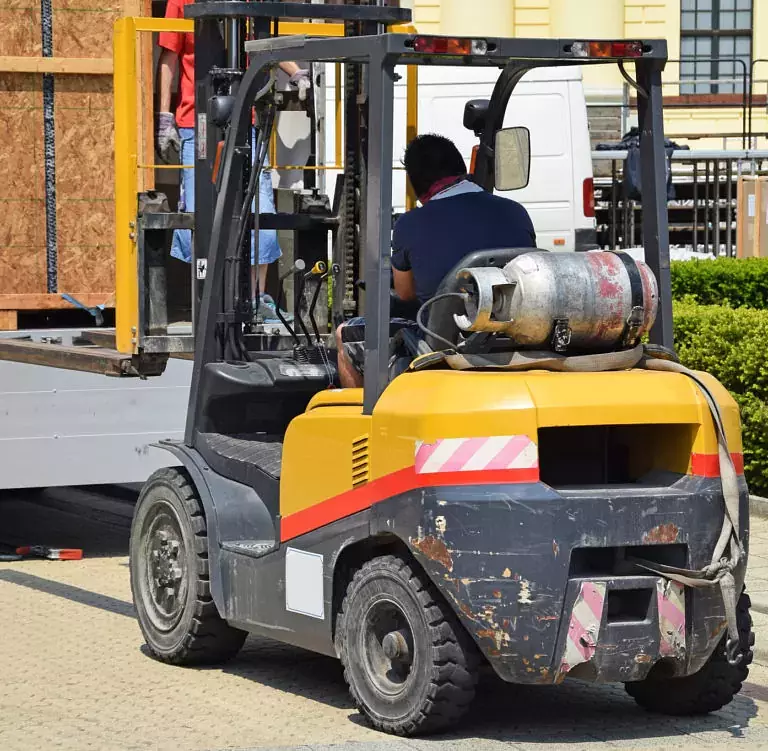 The summer is almost here which means a lot of different things to different people: pools, barbecues, the beach but what about when it comes to working outdoors. Operating a forklift doesn’t have to be a hassle. There are many challenges that can seem discouraging to any forklift truck operator in these settings. While outdoor environments may provide numerous challenges, there are best practices that both novice and experienced operators can adhere to in order to minimize risk, maximize safety and make the experience a great one! Here are four of the best practices for operating a forklift outdoors:
The summer is almost here which means a lot of different things to different people: pools, barbecues, the beach but what about when it comes to working outdoors. Operating a forklift doesn’t have to be a hassle. There are many challenges that can seem discouraging to any forklift truck operator in these settings. While outdoor environments may provide numerous challenges, there are best practices that both novice and experienced operators can adhere to in order to minimize risk, maximize safety and make the experience a great one! Here are four of the best practices for operating a forklift outdoors:
Be Focused
Forklift operators should always keep their eyes focused in front of them, constantly surveying the area of operation for potential hazards. In outdoor scenarios, it is imperative to have a heightened sense of awareness. You should always expect unexpected surprises. There are certain hazards that are native to working outdoors, such as wildlife, stray branches, rocks and stray bricks or paving. As we have championed in the past, it is imperative that operators stay clear from using electronic devices to avoid distraction and assure readiness if such a hazard were to emerge.
Be Cautious When Working in the Heat
The heat can be a great adversary to work in. We can’t stress enough the importance of being extra careful when working in paltry, humid conditions. The body can dehydrate rapidly when working laboriously in the swelter of summer. It is never overkill to stress the importance of frequent breaks and drinking the appropriate quantities of water to replenish lost fluids. Assuredly this is a best practice when operating in any outdoor environment as it reduces the risk of adverse health effects that can hinder performance and lead to injury or illness.
Be Attentive to the Weather
As we highlighted above, weather can have a great influence on operations. Therefore, it is essential that operators pay attention to the weather. Terrain when soaked by rain can flood or provide poor traction. In addition, the proliferation of mud can lead to stalling and malfunction of the device itself. Furthermore, if you find yourself working outdoors during winter months, snow and ice can also compromise steering and host a wide array of problems when commandeering any material handling appliance. In the moments leading up to outdoor forklift operations, monitor the weather conditions. In the event of inclement weather, it may be prudent to postpone or cancel the project until weather permits more affable conditions.
Monitor Surfaces
Operating on a smooth factory floor is far different than a rugged gravel lot or a dusty and hilly site. One of the best practices for operating a forklift outdoors is paying close and special attention to the surfaces as they change. In addition, it is wise to know the ins and outs of operating in dirt and/or gravel before any operator takes to the field. Forklifts can lift inventory easier on balanced surfaces found in warehouse environments. However, the game changes dramatically on uneven and coarse surfaces typically found outdoors.
